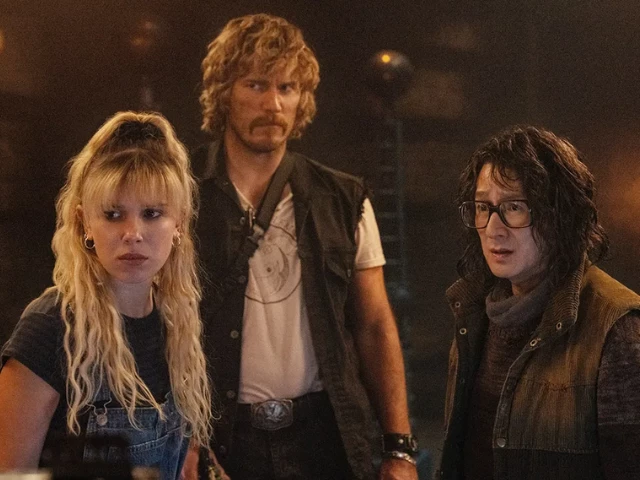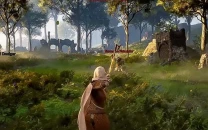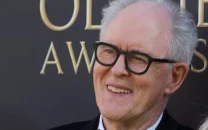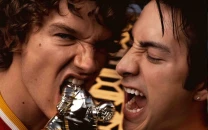Viewers criticize The Electric State for weak storytelling and shallow characters
Fans disappointed as The Electric State replaces the novel’s eerie atmosphere with a bland sci-fi adventure.

Netflix’s The Electric State, directed by the Russo Brothers, struggles to translate Simon Stålenhag’s haunting dystopian vision onto the screen.
The film, starring Millie Bobby Brown, Chris Pratt, and Stanley Tucci, replaces the novel’s dark, cyberpunk aesthetic with a family-friendly, sanitized adventure, leaving fans of the source material disappointed.
Set in a retro-futuristic 1990s world ravaged by war between humans and sentient machines, the story follows Michelle (Brown) as she embarks on a journey to find her missing brother. Alongside a robot companion and a smuggler (Pratt), she navigates a treacherous landscape while evading corporate forces led by the enigmatic Ethan Skate (Tucci).
Despite its impressive visual effects and production design, The Electric State falters due to shallow character development, lackluster storytelling, and missed opportunities to explore its dystopian themes. The filmmakers dilute Stålenhag’s grim, thought-provoking narrative, instead offering a generic action-adventure that struggles to establish emotional depth.
Critics have pointed out that the film’s reliance on exposition-heavy storytelling and cliched sci-fi tropes weakens its impact. The antagonists, including Giancarlo Esposito’s Col. Bradbury, lack depth, making the central conflict feel uninspired. Brown delivers a solid performance, but the script fails to give her character meaningful emotional stakes.
While The Electric State may entertain casual sci-fi fans, it falls short of being the gripping, thought-provoking adaptation that Stålenhag’s novel deserved.










1724649858-0/Jenna-Ortega-(1)1724649858-0-208x130.webp)
















COMMENTS
Comments are moderated and generally will be posted if they are on-topic and not abusive.
For more information, please see our Comments FAQ